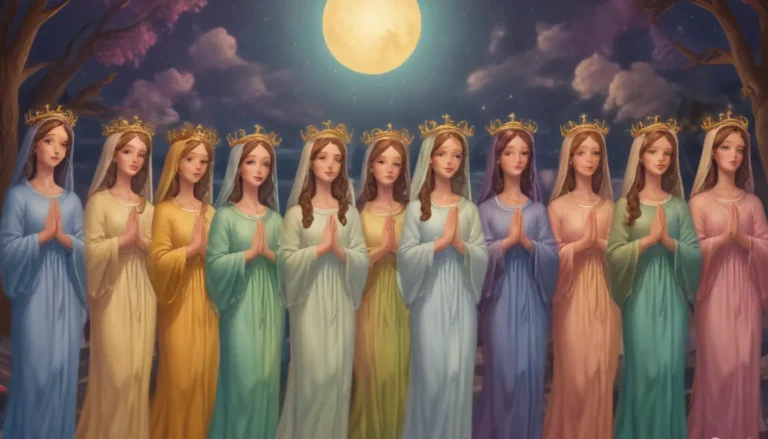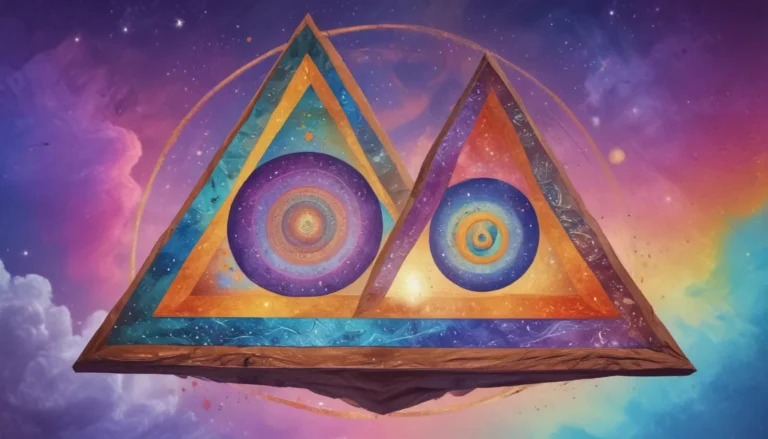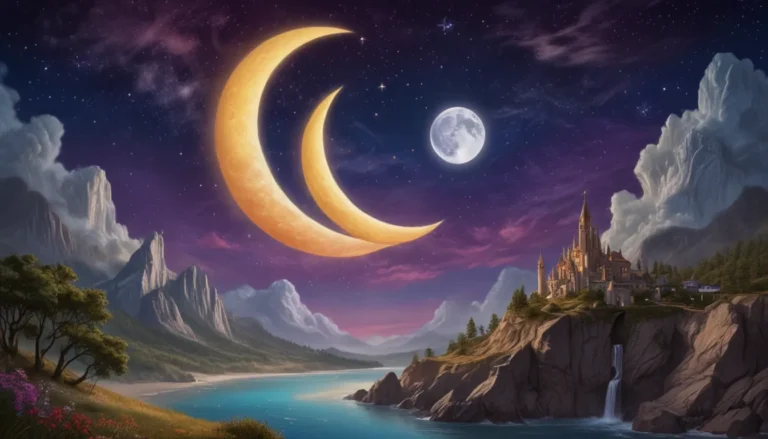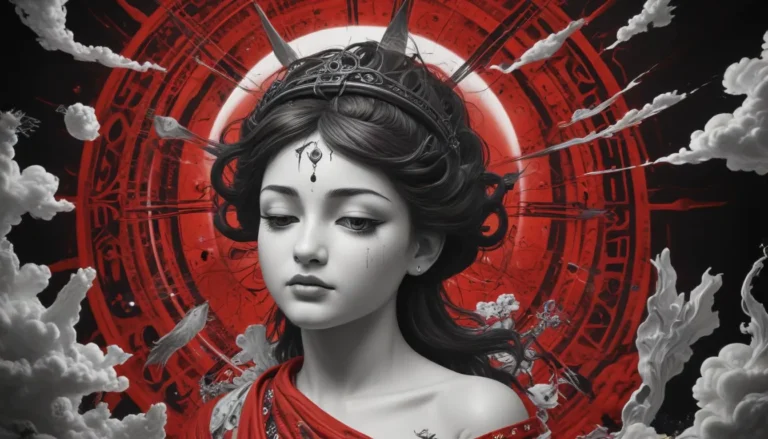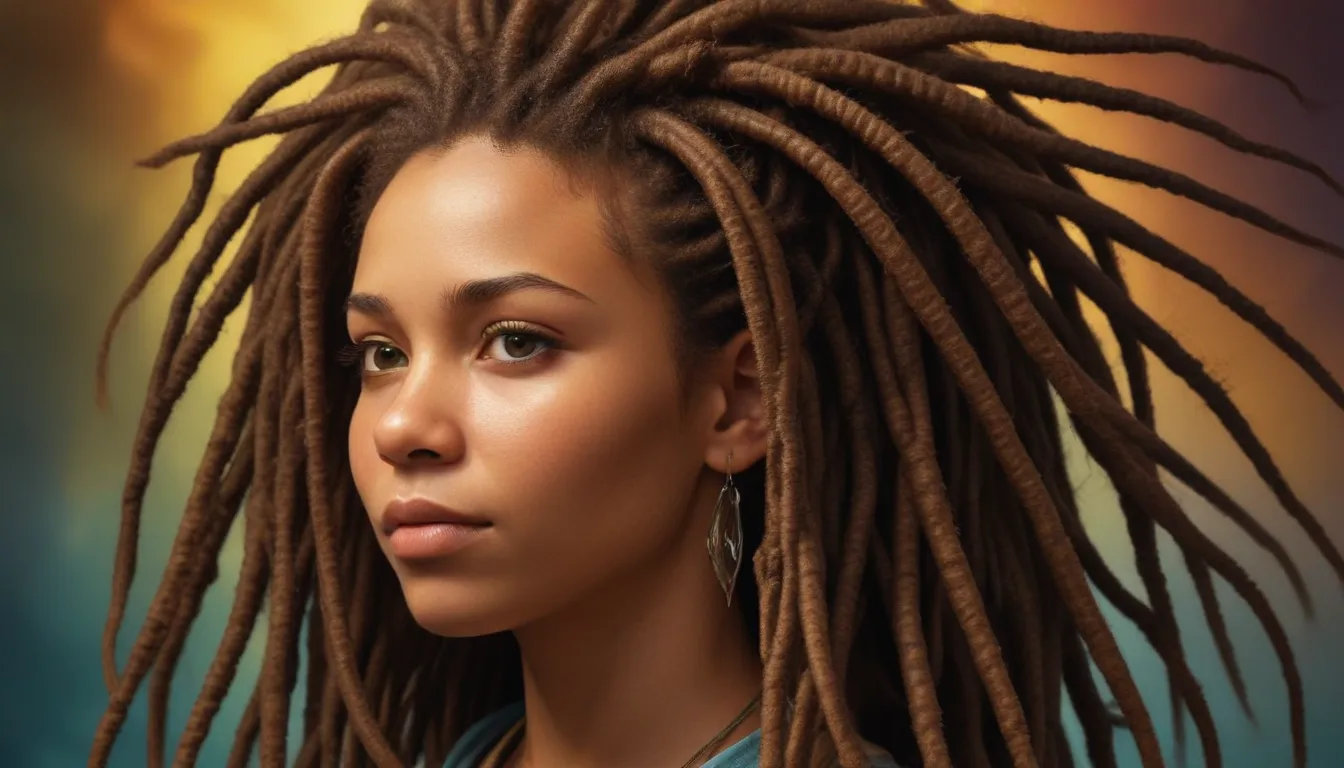
Dreadlocks are a hairstyle characterized by matted strands of hair that can be long or short, tight or loose. They have been around for centuries and hold significant spiritual meaning in many cultures and religions. This comprehensive guide will explore the spiritual significance of dreadlocks across various societies and beliefs.
Dreadlocks in African Tradition
Dreadlocks originated in Africa, where they were worn by various tribes as a symbol of spirituality and connection to nature. In many African cultures, hair is considered sacred and represents the divine essence within us. Dreadlocks are believed to be a way of maintaining this connection by allowing the hair to grow freely without interference from external sources.
For example, among the Rastafari movement in Jamaica, which has its roots in African spirituality, dreadlocks symbolize strength, unity, and connection to the divine. They also represent a rejection of Western ideals and values that suppress individuality and personal growth.
Dreadlocks in Hinduism
In Hinduism, dreadlocks are associated with ascetic practices and spiritual enlightenment. Many sadhus (holy men) and sannyasis (renouncers) wear long, matted locks called jata as part of their spiritual journey. The unkempt appearance of these locks is believed to represent a detachment from material possessions and worldly concerns.
According to the Vedas, ancient Hindu texts, people with jatas are considered closer to God because they have renounced societal norms and expectations in pursuit of spiritual growth.
Dreadlocks in Buddhism
In Buddhist traditions, particularly among Tibetan monks, long hair is often worn loose or tied back in a bun. However, some Buddhist practitioners choose to wear dreadlocks as part of their spiritual path. In this context, dreadlocks symbolize a rejection of worldly attachments and the pursuit of inner peace and enlightenment.
The matted appearance of the locks is thought to represent the interconnectedness of all things and the impermanence of life – both fundamental concepts in Buddhist philosophy.
Dreadlocks in Rastafarianism
As mentioned earlier, dreadlocks are an essential part of Rastafarian culture, which emerged in Jamaica during the 1930s. For Rastas, locks represent a connection to their African heritage and a rejection of Western colonial influences. They also symbolize the unity and strength of the community as well as the natural world.
Rastafarians believe that dreadlocks contain energy from the universe, which helps them stay grounded and connected to their spiritual beliefs. Wearing locks is considered an act of resistance against oppression and a way to assert one’s identity and cultural heritage.
Dreadlocks in Modern Society
While many people wear dreadlocks as a fashion statement or simply because they like the look, others choose this hairstyle for its spiritual significance. In today’s diverse and multicultural world, dreadlocks have become a symbol of individuality, freedom, and self-expression.
Regardless of their origins or cultural context, dreadlocks continue to hold profound meaning for those who wear them – whether as a tribute to their heritage, a statement against conformity, or a manifestation of their spiritual journey.
Conclusion
The spiritual meaning of dreadlocks varies across different cultures and beliefs but generally represents a connection to the divine, nature, and one’s inner self. By embracing this ancient hairstyle, individuals can express their unique identity while honoring age-old traditions and philosophies. Whether you’re wearing locks as part of your spiritual practice or simply because they look great, there’s no denying the powerful message behind this timeless style.
In conclusion, understanding the spiritual meaning of dreadlocks allows us to appreciate their significance beyond aesthetics. By exploring various cultural and religious contexts, we gain insight into how this iconic hairstyle has been used throughout history as a symbol of personal growth, unity, and connection to something greater than ourselves.

